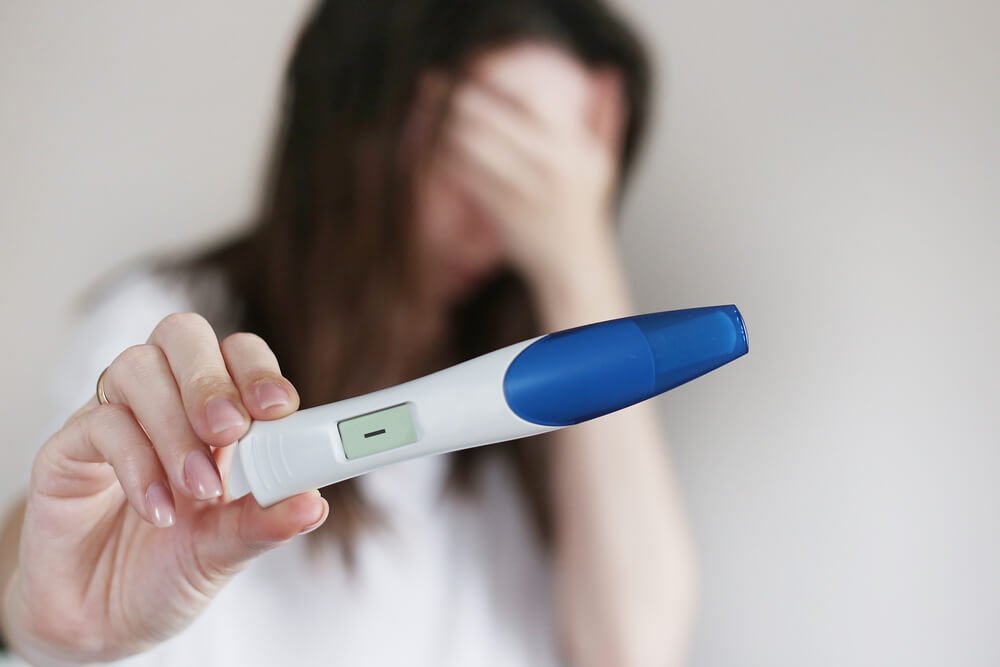What are the symptoms of retrograde menstruation?
Retrograde menstruation occurs when menstrual blood flows backward through the fallopian tubes into the pelvic cavity instead of leaving the body through the vagina. Symptoms can vary but may include:
- Pelvic Pain: Women may experience pain or cramping in the lower abdomen or pelvis, especially around the time of menstruation.
- Menstrual Irregularities: Some women may have irregular menstrual cycles or experience heavier or more painful periods.
- Infertility: Retrograde menstruation is sometimes associated with difficulties in conceiving, though it does not always cause infertility.
- Endometriosis Symptoms: In some cases, retrograde menstruation can lead to or be associated with endometriosis, which may cause symptoms such as severe pelvic pain, painful intercourse, and gastrointestinal issues.
- Lower Back Pain: Pain in the lower back or a sensation of fullness in the pelvic area may be experienced.
- Nausea or Digestive Issues: Some women might experience nausea or other digestive symptoms related to the presence of menstrual blood in the pelvic cavity.
It’s important to consult a healthcare provider if you experience these symptoms, as they can help diagnose the underlying cause and recommend appropriate treatment.
What are the causes of retrograde menstruation?
Retrograde menstruation occurs when menstrual blood flows backward into the pelvic cavity instead of exiting through the vagina. The causes and contributing factors can include:
- Obstruction of the Vaginal Outlet: Conditions like a blocked vaginal canal or anatomic abnormalities may prevent menstrual blood from leaving the body normally, leading to retrograde flow.
- Endometriosis: This condition, where endometrial tissue grows outside the uterus, is often associated with retrograde menstruation. The presence of endometrial tissue in the pelvic cavity can interfere with the normal flow of menstrual blood.
- Hormonal Imbalances: Hormonal fluctuations or imbalances may affect the regulation of menstruation and contribute to retrograde flow.
- Uterine Abnormalities: Structural abnormalities of the uterus, such as a deviated uterus or fibroids, can affect menstrual flow and contribute to retrograde menstruation.
- Genetic Factors: Some women may have a genetic predisposition to conditions that affect menstrual flow and retrograde menstruation.
- Surgical Procedures: Previous surgeries involving the uterus, fallopian tubes, or pelvis may impact normal menstrual flow and contribute to retrograde menstruation.
- Inflammatory Conditions: Pelvic inflammatory disease or other inflammatory conditions may affect the reproductive organs and contribute to retrograde menstruation.
Identifying the underlying cause of retrograde menstruation is essential for effective management and treatment. Consulting with a healthcare provider is important for proper diagnosis and personalized care.
What is the treatment for retrograde menstruation?
Treatment for retrograde menstruation focuses on addressing the underlying causes and managing symptoms. Options may include:
- Medications: Hormonal treatments, such as birth control pills, may help regulate menstrual cycles and reduce symptoms. Other medications might be prescribed to manage associated conditions like endometriosis or pelvic pain.
- Surgical Interventions: If structural abnormalities, such as fibroids or a deviated uterus, are contributing to retrograde menstruation, surgical procedures may be necessary to correct these issues.
- Endometriosis Management: If endometriosis is present, treatment options may include hormonal therapies, pain management, and potentially surgery to remove endometrial tissue.
- Pain Management: Over-the-counter pain relievers or prescribed medications can help manage pelvic pain or discomfort associated with retrograde menstruation.
- Lifestyle and Dietary Changes: Some women may benefit from diet adjustments, stress management, and regular exercise to help alleviate symptoms.
- Fertility Treatments: For women experiencing infertility related to retrograde menstruation or associated conditions, assisted reproductive technologies such as in vitro fertilization (IVF) may be considered.
- Monitoring and Follow-Up: Regular monitoring and follow-up with a healthcare provider are important to assess the effectiveness of treatment and make any necessary adjustments.
Consulting with a healthcare provider, such as a gynecologist, is essential for determining the most appropriate treatment plan based on individual needs and underlying causes.

Leave a Reply
You must be logged in to post a comment.